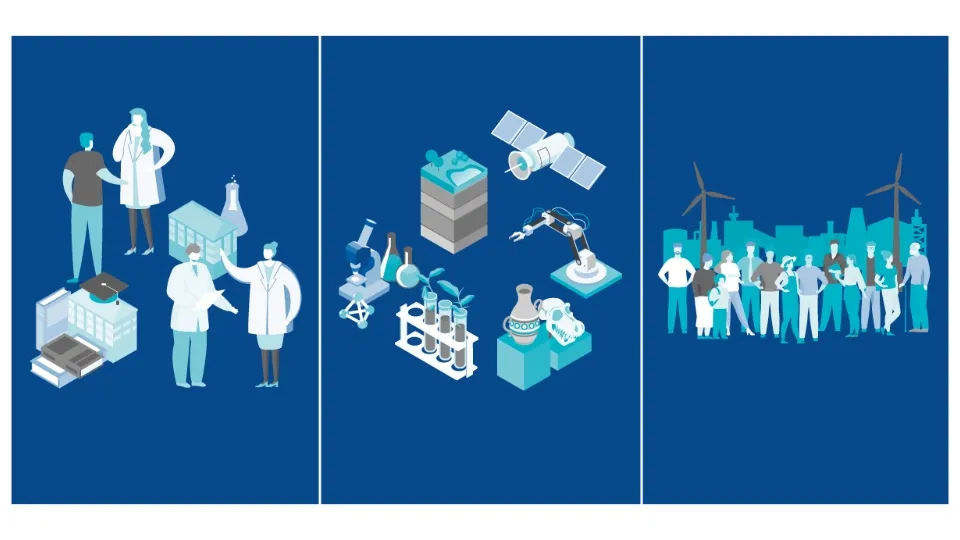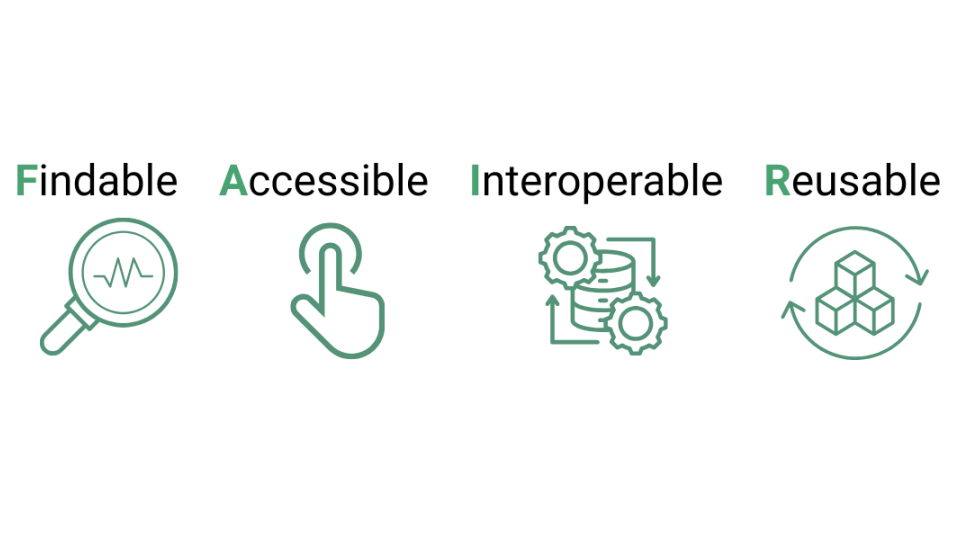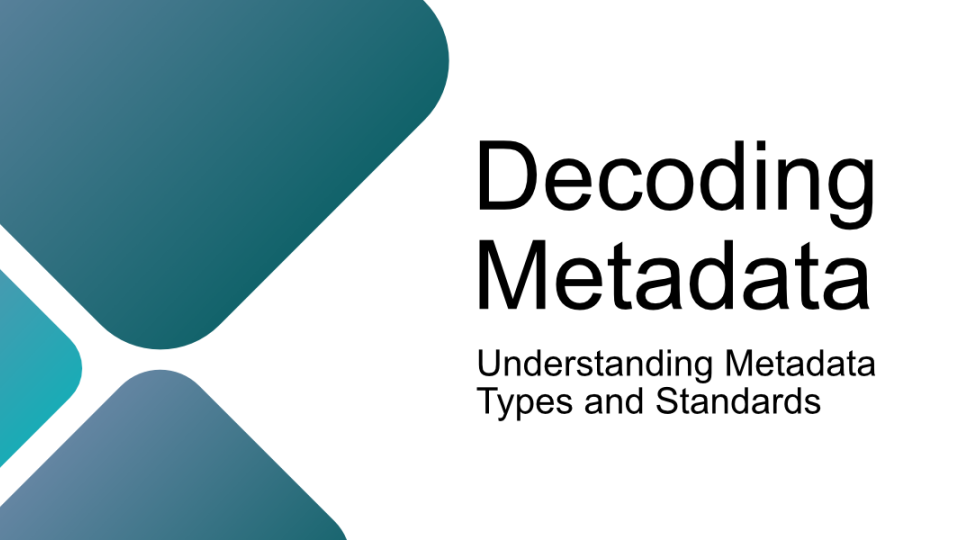In the EU Framework programme for Research & Innovation Horizon 2020, open science was almost reduced to open access. Although Horizon Europe is a continuation of its predecessor programme, it integrates a more complete approach to the open science concept.
Open science is evaluated both in the “Excellence” (quality of open science practices, data management) and in the “Quality and efficiency of implementation” (expertise, list of relevant publications) criteria. Horizon Europe distinguishes between mandatory and recommended open science practices. However, integrating not only mandatory but also recommended practices becomes necessary to obtain a high evaluation score (“proposers are expected to adopt when possible and appropriate for their projects”. Horizon Europe Programme Guide).
Summary of open science practices in Horizon 2020 and Horizon Europe:
| open science practices |
In Horizon 2020 | Recommended or mandatory in Horizon Europe |
| Open access to peer-reviewed scientific publications relating to their results. - Machine-readable electronic copy of the published version or the final peer-reviewed manuscript accepted for publication at the latest - in a trusted repository for scientific publications | Yes. All open access publication fees are reimbursable | Yes, but unlike Horizon 2020 Recommended for other publications (not peer-reviewed) and for research outputs |
Open access to peer-reviewed scientific publications “immediate” and related research data “as soon as possible” (Guide: “at the latest at the time of publication”)
| Mandatory | |
| Measures to ensure reproducibility of research outputs - under the latest available version of the Creative Commons Attribution International Public Licence (CC BY) or a licence with equivalent rights - information about the research outputs/tools/instruments needed to validate the conclusions of scientific publications or to validate/re-use research data | Mandatory | |
Open access to research data under the principle ‘as open as possible, as closed as necessary
| Partially: only for projects which are part of open Research Data Pilot) | Mandatory (but exploitation, protection of IPR, security and privacy rules have a higher priority) |
Research output management (Data management plan, DMP)
| Partially: only for projects which are part of open Research Data Pilot | Mandatory |
Responsible management of research data and metadata of all research outputs (publications, data, software, algorithms, protocols, models, workflows…) in line with the FAIR principles
| Partially (not in Grant Agreement but in related documentation for DMP under the Open Research Data Pilot) | Mandatory |
Digital or physical access to the results needed to validate the conclusions of scientific publications
| Additional mandatory practice imposed in the conditions of the call | |
In cases of public emergency, immediate open access to all research outputs, if requested by the granting authority
| Additional mandatory practice imposed in the conditions of the call | |
Involving all relevant knowledge actors including citizens, civil society and end users in the co-creation of R&I agendas and contents (such as citizen science)
| Recommended (sometimes in topic description) | |
| Early and open sharing of research: Preregistration, registered reports, preprints,etc. | Recommended | |
| Participation in open peer-review | Recommended |
Further Open Science instruments
Open Research Europe - ORE
ORE is an open-access, peer-reviewed publication platform (and not a repository), funded and managed by the EU Commission for publications from EU-funded projects (current and former) in all scientific disciplines. The use of Open Research Europe is not obligatory for EU-funded research projects but enables automatic compliance with the Open Access requirements (as well as the open peer-review and early sharing recommended practices) with no author fees. Submissions are published immediately as a preprint (under a CC-BY license) after a formal review and then evaluated by external peer reviewers, whereby both the evaluations and the names of the reviewers are publicly accessible (open peer review).
European Open Science Cloud - EOSC
EOSC is the EU initiative to progress on FAIR principles which has been developed since 2016. According to the official definition, the EOSC is the “envisioned federation of research (data) infrastructures that will enable the Web of FAIR Data and Services and help researchers to perform Open Science and open up and exploit their data, publications, and code. According to its strategic plan, its vision is to support the full cycle of workflows for scientific research from 2023 (EOSC SRIA, Version 1.0 - 21 June 2021).
Official (re)sources of the European Commission:
The main official documents on open science are:
- Definition of the obligations/mandatory practices: Model Grant Agreement MGA and Annotated Grant Agreement AGA (article 17, annex 5). As the Grant Agreement article is not as precise as in Horizon 2020 Grant Agreement, the main explanatory content on Open Science is to be found in Annex 5
- More explanations and recommendations on practices: Horizon Europe Programme Guide (with links to tools and examples), Proposal template
- Evaluation criteria: Work Programme Annexes



